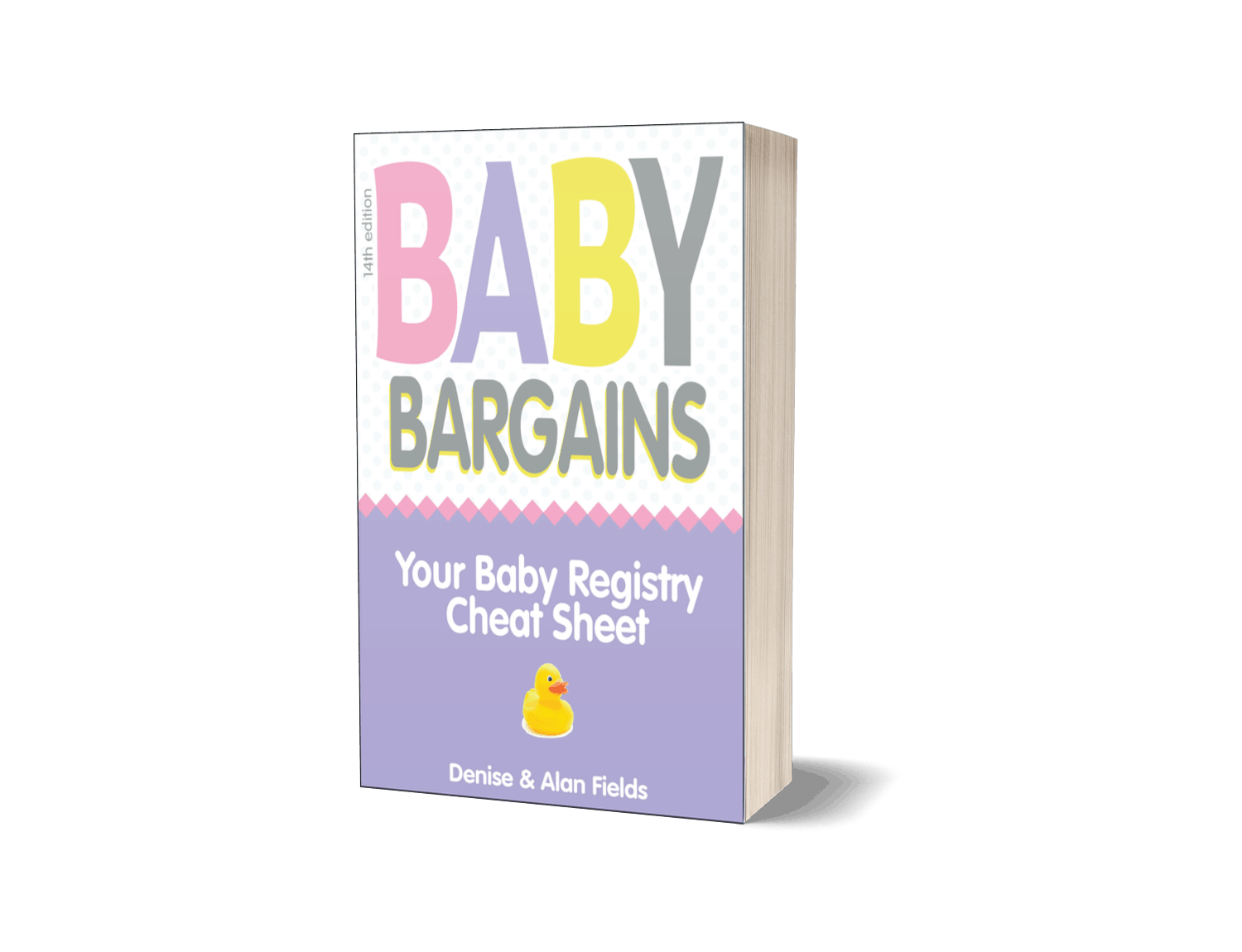June 28th—that’s the day the Consumer Products Safety Commission has set as the deadline for the baby gear biz to meet its new safety standards for cribs.
That means any crib sold after June 28th must meet the new standards . . . and that close deadline has set off a near panic among retailers and baby furniture makers alike.
That’s because the new rules (officially called 16 CRF 1219) include a raft of new standards that not only make the testing of cribs more rigorous, but also specific specifications for the strength of crib slats, mattress supports and more.
The rub: only ONE lab in the country is set up to certify cribs meet the new standard, according to an article in the trade publication Kids Today:
The new federal regulations include stipulations that all cribs must be tested at a federally accredited lab, and the first, and – to date – only lab to be approved (Bureau Veritas’s Buffalo, N.Y. location) was only approved for full-size cribs in February, leaving many wondering where their current inventory stands, and whether they’ll have certified merchandise come June 28th.
That’s right—ALL cribs sold after June 28th must meet the new federal rules. Child care-centers, hotels, churches have until the end of 2012 to comply with the rules.
Among the new rules: manufacturers must now make sure the bolts on a crib do not have to be re-tightened. As a result, many crib makers are now including lock washers (pictured above) with their new cribs, a solution many in the industry find disappointing. Here’s how one major East Coast retailer of cribs described the CPSC’s rule and the lock washers now sold with cribs:
It is worthless. Lock washers are washers with a separated split. The idea is that when placed between a bolt head and a metal surface, the lock washer will bite and not allow the bolt to loosen up.
A lock washer overlaps itself when it is new so that when you tighten the nut down the pressure causes it to flatten out and in turn put pressure against the nut and whatever it is against. The pressure plus the gap in the washer helps prevent the nut from turning.
Unfortunately, cribs are made of wood. The lock washer will just chew the wood crib up and never successfully bite as designed.
The CPSC believes that consumers should not have to retighten crib bolts. It’s a stupid & not well thought out requirement to impose on manufacturers.
This sounds like the “ready, fire, aim” strategy used by the CPSC and Congress with the 2008 lead toy scare. Congress passed a law (Consumer Product Safety Improvement Act) that required ALL products that could be possibly be used by children (including books and bicycles) to be tested for lead. As the Wall Street Journal pointed out, “the likelihood of a toddler swallowing an all-terrain vehicle, for instance, didn’t stop that product from being swept in the maw.”
As a result of these rules, expect crib prices to rise and a general sense of panic to set in amongst crib sellers in late June. While we certainly agree that crib safety standards should be tough, rushing the new law into effect and including dubious rules like the lock washer example above imposes significant costs and burdens on both small retailers and manufacturers alike.
Just to be clear: we aren’t opposed to tougher crib safety standards or these rules in particular. Our concerns are with the way this law is being implemented and some of the logic behind the new requirements (for example, lock washers), as well as the likely rise in crib prices to account for this regulation. And when new crib prices rise, some lower-income parents will be tempted to buy a cheaper, used crib off Craigslist—and that used crib may be recalled, dangerous, etc.
Meanwhile, if you are shopping for a new crib, here are some quick points:
• Look for cribs that say they have been certified to the new rules: label that say they are certified to 16 CRF 1219 (full-size cribs) or 16 CFR 1220 (for compact-sized cribs).
• If you’ve special ordered a crib now for delivery this summer, it SHOULD meet the new standards. But it might be wise to double check!
• If you buy a crib from existing stock from a retailer after June 28, it MUST have a label that it meets the new rules. But again, double check.
What do you think of the new crib safety rules? How could the CPSC done a better job here?

 We obsess over gear for families . . . so you don't have to. Baby Bargains has one mission: help you find the best gear for your family and home with unbiased reviews by experts with 20 years of experience. At prices that don't break the bank. When you purchase a product from links on this site, we make a small affiliate commission. Learn more
We obsess over gear for families . . . so you don't have to. Baby Bargains has one mission: help you find the best gear for your family and home with unbiased reviews by experts with 20 years of experience. At prices that don't break the bank. When you purchase a product from links on this site, we make a small affiliate commission. Learn more 

It is worth noting that IKEA has stopped selling ALL of their cribs until they are all tested to see if they meet the standards (apparently they didn’t meet the June 28th deadline. They don’t expect to have any cribs available until at least December 2011.
Just wondering how you decide on a grade for manufacturer’s cribs? Why would a company that is in total compliance receive an “F” from Baby Bargains?
A company’s grade is more than compliance with current safety regulations—we look at the company’s history of recalls, fines/enforcement actions, quality, value and other factors. We’ve been researching this industry for 18 years, so we take the long view!